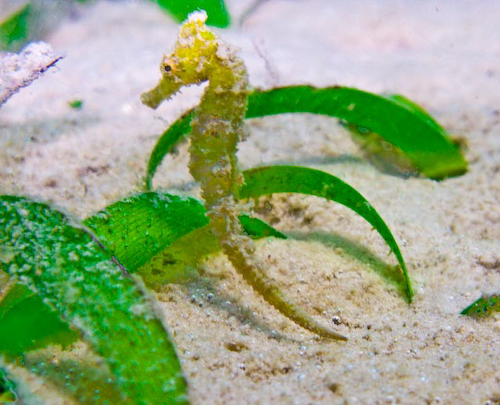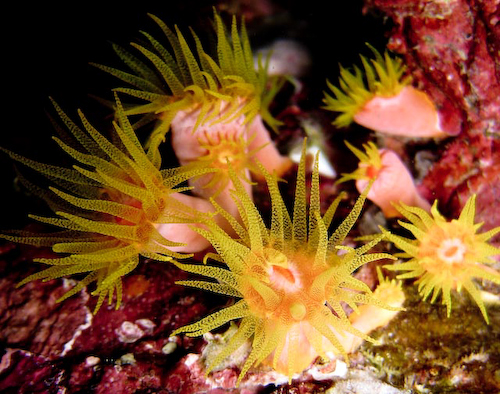Marine and Freshwater Conservation: Overview
Marine ecosystems are suffering from the effects of climate change, over-fishing, sedimentation, pollution and coastal development.
ICFC looks for opportunities to reduce destructive fishing practices and support the development of marine protected areas and sustainable fisheries co-managed by governments and local communities. We found one such opportunity in Cambodia (see project page).
The oceans are one vast public space. Laws and international treaties are meant to protect the seas, but these are inadequate and fisheries are commonly mismanaged. Marine conservation thus has a political component, and in 2017 we helped a Canadian marine scientist travel to India to provide crucial input into India’s fisheries management deliberations (more info).
Other actions include community education (which we do in Costa Rica), and community-based sea turtle programs, which we undertake in Nicaragua, Costa Rica, and Indonesia.


In praise of coral reefs
Coral reefs are home to an astounding number of species and along with coastal mangroves are vital fish nurseries and habitat. Economic benefits from coral reefs are greater than for any other ecosystem, being estimated at almost $350,000 per year for an average hectare of coral reef!1
1 de Groot et al. 2012. Global estimates of the value of ecosystems and their services in monetary terms. https://doi.org/10.1016/j.ecoser.2012.07.005
International Conservation Fund of Canada Copyright © 2009-2025
Registered Canadian charity # 85247 8189 RR0001
